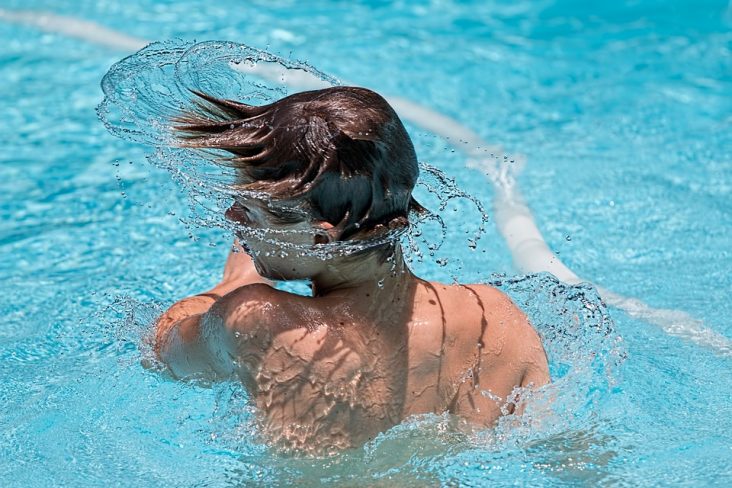The Chemistry Of Stabilized Chlorine: What It Does And Why Important

Stabilised chlorine is a chemical that has been stabilized or combined with something else to make it more stable. This stabilizing can be done in different ways. Stabilization is often a good thing because stabilization makes the chlorine less reactive, which means it’s less likely to cause damage. In this article, we’re going to look at what stabilized chlorine does, why it’s essential for swimming pools and spas, as well as how you can safely handle stabilized chlorine yourself
1) How does it work?
It comes from a combination of stabilizers, which means it has an extra component. The most common stabilizer used is cyanuric acid or CYA. Still, there are a few other stabilizers that you might find in your local pool store too!
2) Why is this important?
Chlorine is less reactive, which means it’s less likely to cause damage.
3) What does chlorine do?
This stabilized form of chlorine can make your pool water safe for swimming but also helps prevent the growth of algae and bacteria in your pool or spa! This makes chlorine a great option if you own a hot tub, swim spa, or any other kind of recirculating body of water where people will be taking a dip regularly! It even leaves behind some sanitizing power long after it has been added, so you don’t need to add as often. What are some common side effects of handling stabilized chlorine? It doesn’t have the same smell that traditional forms of liquid chlorine have, and it is a lot less likely to cause red eyes, irritation, or dry skin either.
But chlorine isn’t without its side effects; it can irritate the respiratory system if you inhale too much of that white powdery substance as well as your skin, so make sure you wear protective gear such as gloves and goggles; when handling this chemical! Be careful not to spill any chlorine on concrete surfaces because, just like traditional forms of chlorine, the chlorine will remove paint from those surfaces over time when in contact with them for too long, so be cautious where you put down stabilized chloride tablets!! What are some common uses for stabilized chlorine? A prevalent use for stabilized chlorine is within swimming pools. However, most people are not aware of the chemistry behind chloride tablets and their role in stabilizing chlorine.
4) Why does it matter?
Stabilised chlorine can be unstable, just like any chemical compound. If the concentration isn’t right, the chlorine will break down and won’t do its job correctly. That’s why having stabilized chlorine matters because once the correct amount of stabilizer has been added, this prevents breakdown so that all the time spent maintaining chemicals at specific concentrations is worth it!
5) What if I want to use some?
The best stabilizer is chlorine, so this is a good choice if you want to use a stabilizer in your pool. You can also check with your local pool store too and see what they recommend!
We hope this information has been helpful to you.